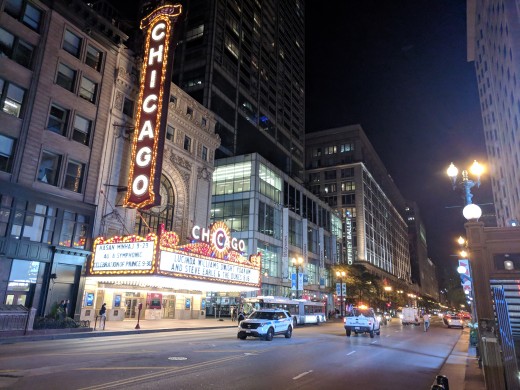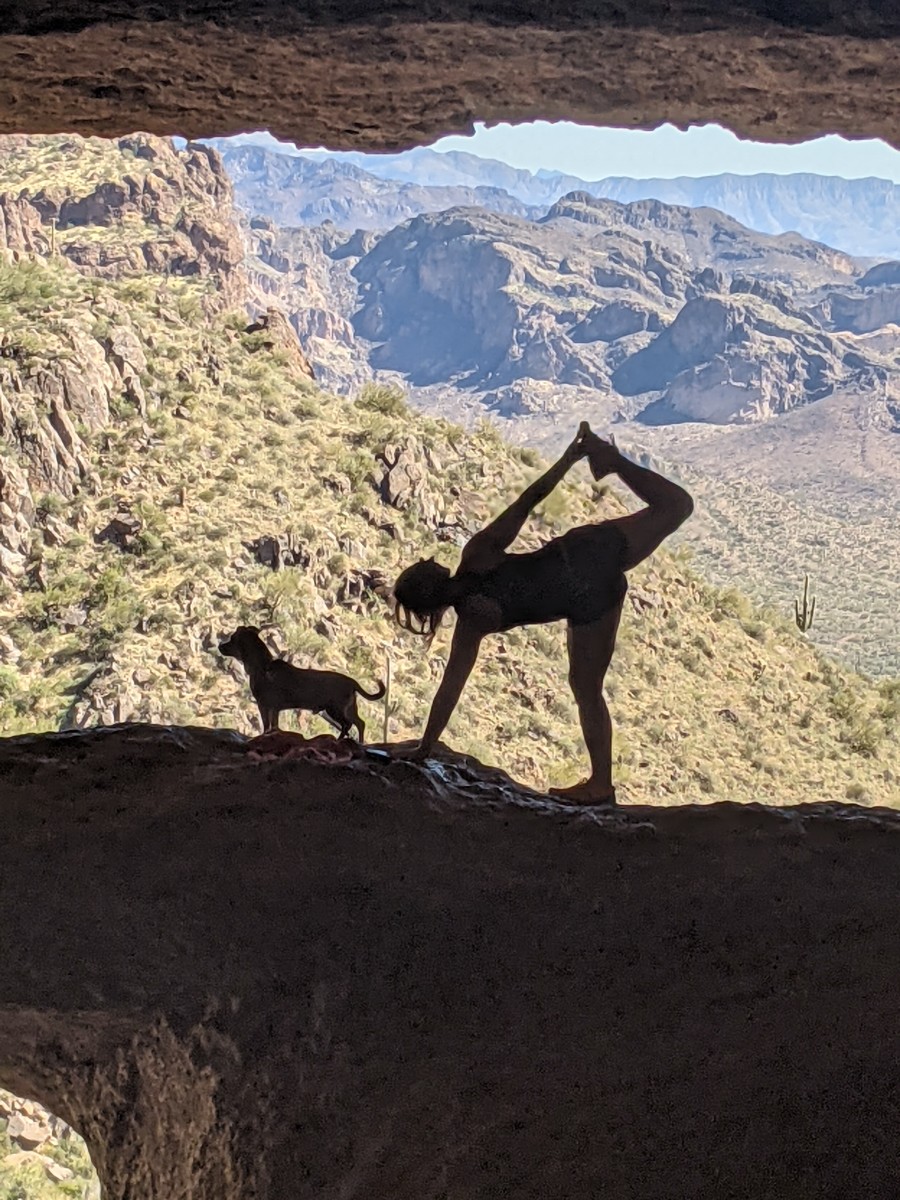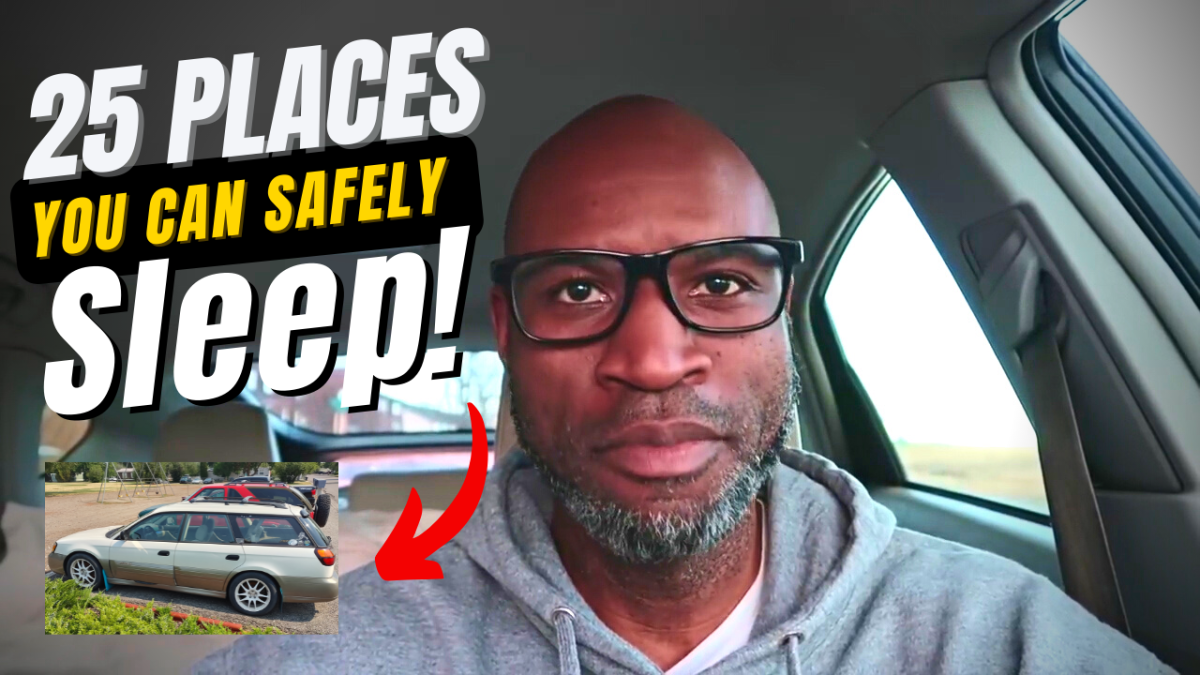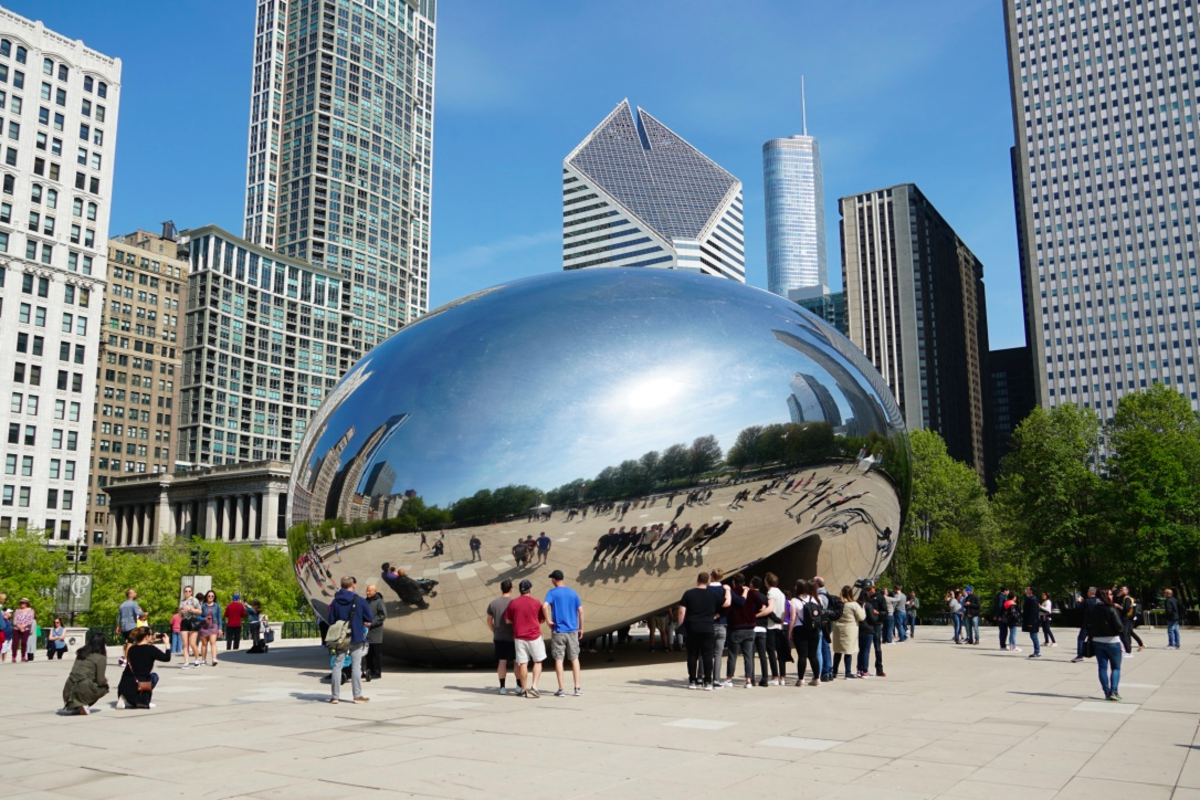- HubPages»
- Travel and Places»
- Visiting North America»
- United States»
- Illinois
How to Stay Safe When Traveling in Chicago

Chicago’s bad reputation isn’t entirely deserved. Tourists almost always make it through their trip without incident, since the major attractions are busy enough to keep the worst sorts of crime away. However, you may need to be more careful in Chicago than in many other cities.
It doesn't help that Chicago is fairly far north and on the east end of its timezone - meaning that it gets dark around 5:00 pm in the winter! You don't have to lock yourself in your hotel after dark, though. Here are some best practices and things to avoid if you want an uneventful trip.
Take Care in the Gold Coast and Near North
You may assume that downtown and the south side are the worst areas for crime, but robbers often look for wealthier areas to target. The areas directly north of downtown, including the shopping areas around the Magnificent Mile, are magnets for criminals hoping to mug affluent shoppers and residents. It’s not unheard of for even joggers to be targeted early in the morning! Always move about in as large of a group as possible after dark, even if you’re in a fairly busy area.
Avoid the Red and Blue Lines Overnight
The Blue and Red “L” lines run 24/7, which can make them a magnet for trouble. Sometimes you’ll just encounter homeless folks trying to stay warm, but more violent offenders can be lurking as well.
While you’re probably safe taking these trains when leaving major events, be careful to avoid being followed when you leave the station at your destination. Robbers can follow you from the station to a more secluded area, especially if they’ve figured out you’re a tourist. If in doubt, hail a taxi once you get out of the station.
Use Hidden Pockets
Keeping a chest pouch may feel dorky, but it could make the difference between losing some cash and having to replace all of your IDs and credit cards. A robber holding you up at gunpoint is going to try to get cash and run as quickly as possible, so handing over your wallet – with fewer cards inside than usual – is your best option. Keep at least one ID, some cash, and a credit or debit card in a very secure location on your person. This is especially critical if you’re visiting from abroad and need to keep a copy of your passport or other immigration document on you.
Crowded events may be less likely to attract muggings, but they're a magnet for pickpockets. Even a reputable bar or concert venue can have a few bad apples slip in, so using hidden pockets can avoid a major problem later.
Don't Leave Anything Visible in Cars
You may be in the habit of securing your valuables at night, but it's not unheard of cars to be broken into in broad daylight in Chicago - even on busy streets! A criminal may choose to risk getting caught if he sees a potentially high-value item, like a backpack or GPS. Even spare change in the cupholder can be a tempting target for really desperate folks. Your belongings are probably safe in the trunk, but anything valuable and not necessary for your day trip is best kept in a safe in the hotel.
If you really need to leave something in the car or don't have time to tidy up before running to a theatre performance or restaurant reservation, you can theoretically leave your car unlocked to at least reduce the risk of someone breaking the windows to get in. Of course, this comes with its own risks, like coming back to find someone sleeping in the backseat! Chicago natives sometimes use this option if they need to keep something of low value in the car, but take extra care when returning to an unlocked car.
Choose Your AirBnb Carefully
The South Side has a reputation for being dangerous, but the reality is that there are high-crime pockets all over the city. Research the neighborhood of your desired AirBnB ahead of time, and don't be afraid to pay a little more for a unit in a secure building or a safer area. Remember, local criminals may have figured out which apartments in their area are rented out on AirBnB, and may attempt to target tourists if the chance arises.
Be Careful with Google Maps
Though Google Maps can be a lifesaver, its walking directions always default to the quickest route - which is definitely not always the safest! As an out-of-towner, you may not always realize a street is unsafe at night until you're halfway down it, since even lit side streets can have unexpected dark pockets or isolated areas. Look for main roads with multiple businesses and multiple lanes. If Google tries to take you down a narrow one-way street, just choose another route.
Also, avoid walking with your smartphone out at night, since it's way too easy for someone to jump you and snatch it. Your best bet is to try to memorize the street names you should turn on, pocket the phone, and let audio guidance chime in with directions when it's time to turn. You can pull out your phone to double-check if necessary, but try to rely on audio (without headphones in!) to minimize risk.
Pay More for Well-Lit, Nearby Parking
Some Chicago side streets offer free or inexpensive parking, but these areas are often poorly-lit residential zones. If it will be dark by the time you return to your car, go ahead and spend a few extra bucks to get better parking. A parking garage with good lighting and security cameras will usually be safer than the side streets a 10-minute walk from the venue you're leaving.
Remember, it's not worth saving a few bucks if you get jumped! No place in the city is 100% safe, and as a tourist, you're less likely to be aware of which side streets are relatively safe for nighttime parking.
Also consider using valet parking. While it can be pricey, it can be well worth it in busy areas where the nearest public parking is a fair walk.
Watch Out for Card Skimmers
Like many major cities, Chicago has issues with card skimmers being placed over gas station pumps and ATMs. If you use a debit card with one of these devices, you can easily lose all your money with little chance for legal recourse. Credit card companies will usually work with you to undo the damage caused, but it's ultimately not worth the hassle.
Avoid outdoor ATMs, and pay inside instead of at the pump at gas stations. Monitor your credit and debit cards during your trip to watch for red flags; your bank's automatic fraud detection systems may not always work. You can also check out this video for tips on how to spot skimmers.








